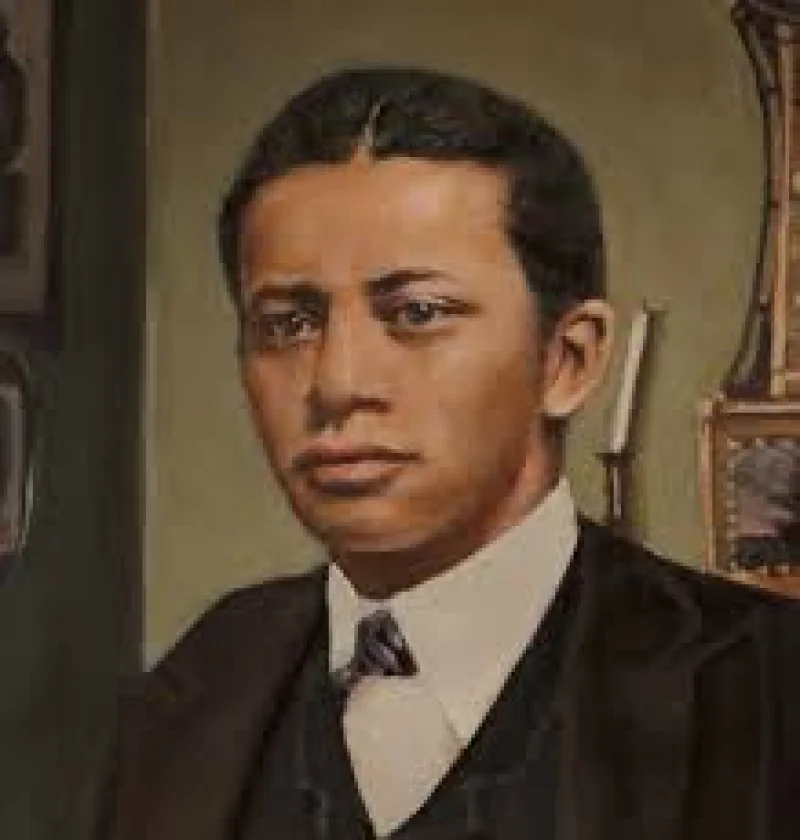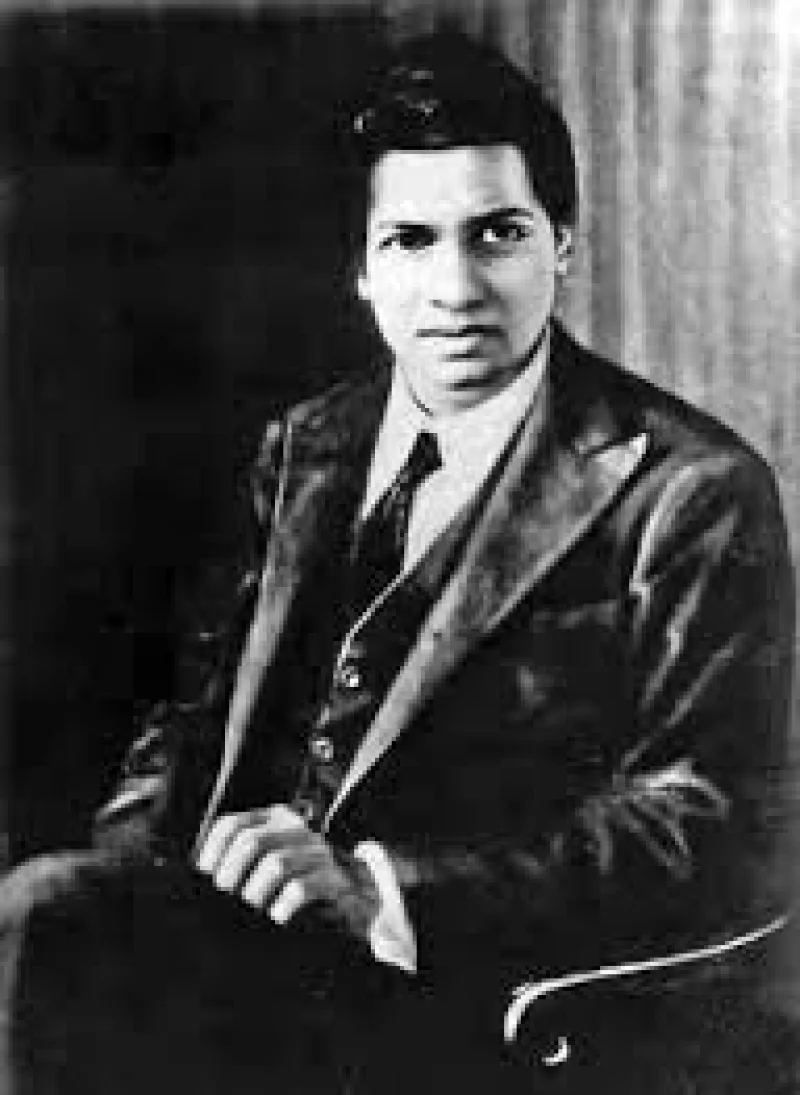Short Summary
Joseph Banks was an eminent English naturalist, botanist, and patron of the natural sciences in the 18th and early 19th centuries. He is best known for his role as the botanist aboard HMS Endeavour on Captain James Cook’s first great voyage, where he collected extensive plant specimens and contributed significantly to botany. Banks later served as the President of the Royal Society for over 40 years, during which he greatly influenced the direction of scientific research in Britain. His legacy includes the expansion of knowledge about the natural world and the promotion of global botanical exploration.
Early Life & Education
Joseph Banks was born on February 24, 1743, in London, England, into a wealthy family. His father, William Banks, was a prominent landowner, and his mother, Sarah Bate, was from a family with legal and political ties. Banks was educated at Harrow School and then Eton College, where he developed an interest in nature. He later attended Christ Church, Oxford, but found the university’s curriculum lacking in natural sciences. Inspired by the work of Carl Linnaeus and motivated by his passion for botany, Banks pursued independent studies and financed botanical expeditions, which laid the foundation for his future scientific endeavors.
Career Highlights
Joseph Banks’s career was marked by his participation in significant scientific voyages and his leadership in the scientific community. In 1768, he joined Captain James Cook on the HMS Endeavour, embarking on a historic voyage to the Pacific, where he collected thousands of plant specimens, many of which were previously unknown to European science. Upon his return, Banks became an influential figure in British science, serving as the President of the Royal Society from 1778 to 1820. Under his leadership, he promoted numerous scientific expeditions and contributed to the establishment of Kew Gardens as a center for botanical research.
Major Achievements
- Led the botanical expedition on Captain Cook’s first voyage, collecting over 30,000 plant specimens.
- Served as President of the Royal Society for 42 years, fostering scientific exploration and research.
- Instrumental in the development of Kew Gardens as a world-renowned botanical research institution.
- Promoted the introduction of economically important plants to various parts of the British Empire.
- Published numerous influential works on botany and natural history.
Famous Quotes
- "By seeing London, I have seen as much of life as the world can show."
- "The greatest service which can be rendered any country is to add an useful plant to its culture."
Interesting Facts
- Joseph Banks was knighted by King George III in 1781.
- He helped introduce the eucalyptus, acacia, and mimosa to Europe.
- Banks played a key role in the establishment of Australia as a British colony.
- He was a key advisor to King George III on scientific matters.
- Banks funded numerous scientific expeditions and voyages throughout his life.
Legacy / Influence
Joseph Banks’s contributions to botany and the promotion of scientific exploration have left a lasting impact on the field. His efforts in expanding the knowledge of plant species and ecosystems played a crucial role in advancing botany. As President of the Royal Society, he influenced generations of scientists and explorers. His advocacy for botanical gardens and scientific institutions helped establish long-term research facilities, significantly contributing to the global understanding of natural sciences.
FAQ
Q: Why is Joseph Banks famous?
A: He is famous for his role in Captain Cook's first voyage and his contributions to botany and the Royal Society.
Q: What did Joseph Banks discover?
A: He discovered numerous plant species during his expeditions, significantly contributing to botanical science.
Q: How did Banks influence the British Empire?
A: He introduced economically important plants to the empire and advised on colonial scientific matters.













